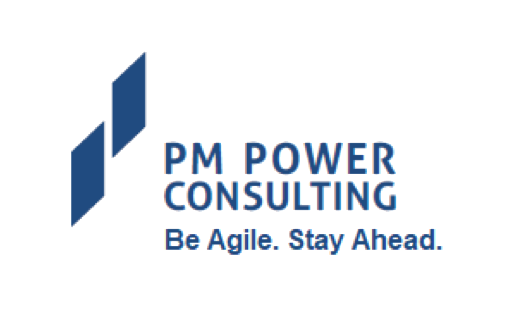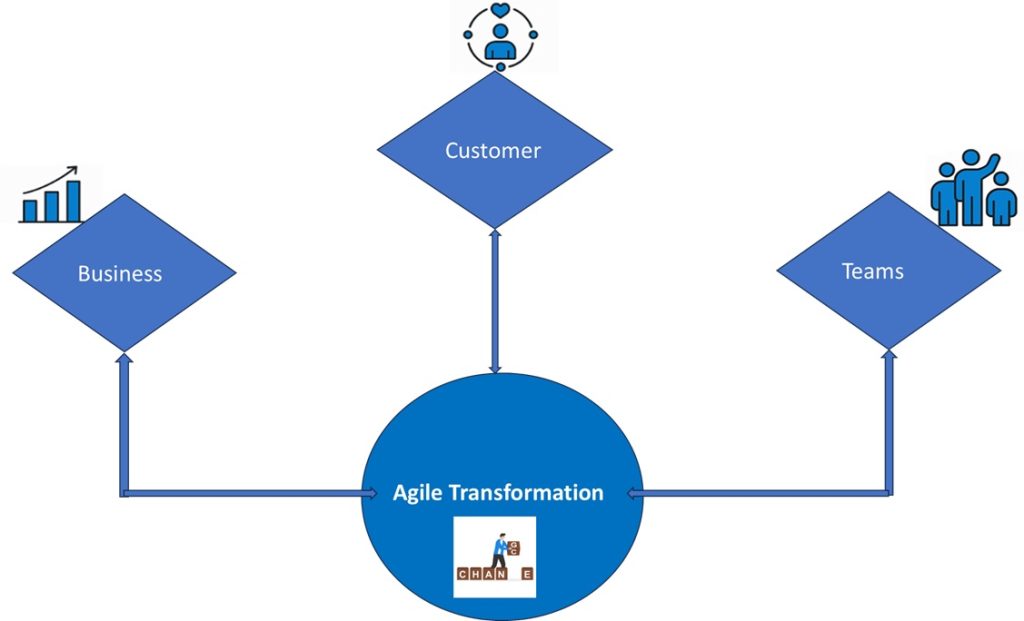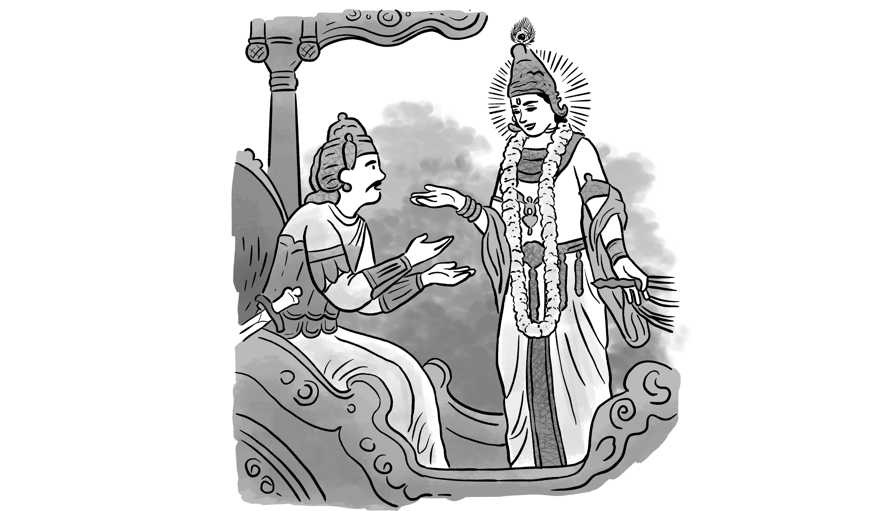Rhea is in a big predicament right now. She is a scrum master for a team that’s focused on maintaining and rewriting a middle ware for the trade processing engine. The team is able to keep things honest on the challenges and they continue to adapt to situations.
Her challenge is that the Product Owner likes to facilitate all the meetings. The product owner, Ramesh, feels that facilitation is a critical way to connect to the team and understand the team dynamics. He often plays the role of facilitation in many scrum ceremonies within the team and also when they interact with other teams.
In this scenario, Rhea has given feedback to Ramesh couple of times. While there is acceptance on this behavior, Ramesh feels justified in doing that role.
What would you do if you are in Rhea’s position? Have you encountered such a scenario?
Suggestion Solution:
Rhea being concerned that her role is being taken up by Ramesh is quite common. Often times we see Scrum Masters giving most importance to their role as primary facilitators for all the conversations and ceremonies within the teams. While facilitation is a very important part of the role requirement, oftentimes, there are many other layers that she can focus and add value.
Some of them and not limited to are listed below
– Impediment remover : Awareness of the impediments and finding a way to remove the blocker as effective as possible
– Visual Radiators : Creating visual radiators in the progress the teams are making towards a goal, within a sprint, for a release, towards automation etc..
– Change agent : Rhea can find games and models to showcase when anti-patterns are coming up
– Communication with stakeholders: Some times the team members particularly developers and testers believe that verbal communication in ceremonies is enough. Outbound communication and managing expectation is equally important
In the case of facilitation also, one of the areas that Rhea can play a great role is to start facilitating/ streamlining shorter ceremonies such as standups and retrospectives and let the product owner Ramesh continue to play crucial role in the refinement and the planning. This will form a baseline and act as a partner to the Product owner to play the facilitator role effectively.





